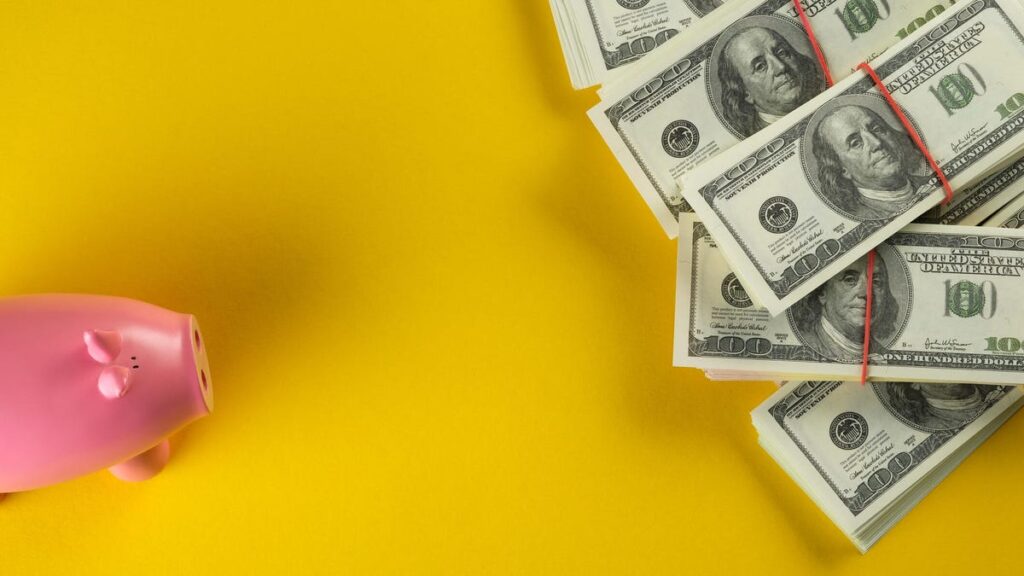Prices are already high, and tariffs could push them even higher. It’s a scary prospect. But instead of panicking, it’s time to get prepared.
Now is the time to evaluate your long-term goals and expenses and find ways to cut back on non-essential purchases, said Shang Saavedra, founder of Save My Cents. That doesn’t mean you should cut back on everything you love, but you should put your financial goals into perspective if you’re worried about higher prices impacting them.
“Tariffs will hurt everyone, so everyone is in the same boat,” said Saavedra. “We all have to make do if our incomes are not growing as quickly.”
But how exactly do you do that? Should you cancel your summer vacation? Take on a second job? Here’s what to know now.
Making Sense of Phone Tariffs: See How Much iPhone Prices Could Rise
Should you save or buy now?
The big question is, should you make purchases now or save money to prepare for more expensive purchases later?
“Take a look at what you spend money on and ask yourself what spending has to happen to sustain a healthy life,” said Saavedra. Think about essentials like housing, transportation, healthcare and food. “While it is still good to save money there, you don’t want to cut back so much that you hurt yourself.”
Making this decision can be difficult because the news around tariffs is still evolving, said Saavedra. Tariffs are in place now, but it takes manufacturers time to decide when — or if — they’ll implement price hikes, she pointed out.
“I’m totally fine with buying items now, but I don’t want you to do it out of panic,” said Saavedra. That often leads to uninformed, rushed decisions. Plus, you might be buying something you won’t fully love in the long term, she said.
If you’re already planning to make a purchase and you’re financially prepared for it, it’s OK to buy it now — especially if you’re worried about the price going up in the coming months. However, don’t make purchases on a whim just because of potential price hikes.
Whether you use money to stock up on items now or save it, make sure you’re keeping an eye on your budget and other financial goals. It’s still essential to have a fully stocked emergency fund and money stashed away for any upcoming expenses you know about.
Where you save your money matters
If there’s a chance you’ll need the money in the near future, keep it in a high-yield savings account. Right now, annual percentage yields average around 4%, which is about 10 times the national average savings rate. You’ll also have easy access to your money when you need it.
Plenty of high-yield savings accounts also have features to help you keep your savings goals on track.
“There are accounts that allow you to assign goals to your money without having to open many accounts, so those are what I recommend the most,” said Saavedra.
Read the full article here
